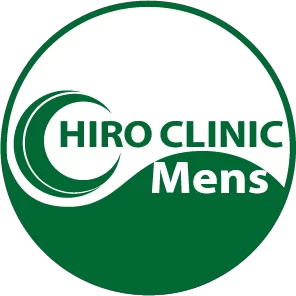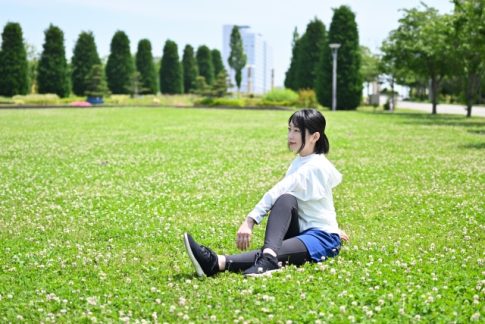Hair loss in women is caused by a variety of factors, so it is important to choose a treatment method depending on the individual symptoms and cause. Depending on the type and stage of hair loss, your lifestyle, and your health, you can find an effective treatment. Here, we will introduce common hair loss treatment methods for women and explain in detail the characteristics, effects, and side effects of each. Please use this as a reference for choosing the appropriate treatment method.
- minoxidil
Overview: This is the most widely used topical drug for female pattern hair loss (FAGA). Minoxidil in concentrations of 2% or 5% is recommended and is applied directly to the bald area.
Effects: Effects are visible within 3-6 months of use, promoting hair growth.
Side effects: Scalp itching and redness may occur. - Hormone therapy
Overview: Hormone therapy may be considered if the cause is an imbalance of female hormones or androgens (male hormones). For example, pills or anti-androgens such as spironolactone may be used.
Effect: By regulating hormone balance, it suppresses the progression of hair loss and promotes new hair growth.
Side effects: Hormone therapy can have side effects and should be done under medical supervision. - Low power laser therapy (LLLT)
What it is: A low-power laser is irradiated onto the scalp to stimulate hair follicles, promoting hair growth. Treatments can be done with home devices or in the clinic.
Effectiveness: A method supported by research and requires regular use.
Side effects: Side effects are generally considered to be few, but long-term use is required. - nutritional therapy
Summary: Deficiencies in nutrients such as iron, vitamin D, and biotin can cause hair loss. We identify nutritional deficiencies through blood tests and supplement them with supplements and dietary improvements.
Effectiveness: Nutrient supplementation may improve hair loss, but is typically used in conjunction with other treatments.
Side effects: There are few side effects if you take the appropriate amount, but you need to be careful not to overdose. - Scalp massage and scalp care
Overview: Massage to improve scalp blood circulation and use of special shampoos and treatments to maintain scalp health are recommended.
Benefits: Supports hair health by increasing blood circulation and improving the supply of nutrients to the hair follicles.
Side effects: Generally safe, but if you have sensitive areas on your scalp, you should be careful not to irritate them too much. - hair transplant surgery
Summary: If hair loss is progressing, hair transplant surgery is an option. This is a surgery that transplants your own healthy hair to the bald area.
Benefits: Long-term results are possible, but surgery is costly and requires a recovery period.
Side effects: Due to temporary swelling and risk of infection, it is important to consult a trusted physician. - Improving lifestyle habits
Overview: Maintaining a healthy lifestyle, including stress management, proper diet, and adequate sleep, is important to prevent hair loss from progressing.
Benefits: Improved lifestyle habits are expected to reduce hair loss and promote hair health.
Side effects: There are no side effects to lifestyle changes, but persistence is the key. - Counseling and emotional support
Summary: Hair loss can cause mental stress and loss of self-confidence. It is also important to receive psychological support and counseling.
Benefits: Receiving psychological support can help maintain motivation for treatment and reduce anxiety about hair loss.
These treatment methods should be selected depending on the cause of hair loss and individual needs. To choose the most suitable treatment, it is recommended that you visit the Hiro Clinic.
Summary
There are many approaches to treating hair loss in women, including minoxidil, hormone therapy, low-power laser therapy, nutritional therapy, scalp massage, hair transplant surgery, lifestyle changes, and counseling. Each treatment should be selected depending on the individual cause and symptoms of hair loss. For example, minoxidil is primarily used as a topical drug to promote hair growth, while hormone therapy prevents hair loss through regulating hormone balance. On the other hand, low-power laser therapy and nutritional therapy are methods based on scientific evidence and can be expected to have long-term effects. Scalp care and lifestyle changes are also important to prevent hair loss from progressing. Hair transplant surgery can also be considered as a final option for advanced hair loss.
Diagnosis and advice from a specialist is essential for successful hair loss treatment. At Hiro Clinic, we will suggest the best treatment for your symptoms and support effective treatment. If you are suffering from hair loss, please consult a specialist to find the appropriate treatment.










